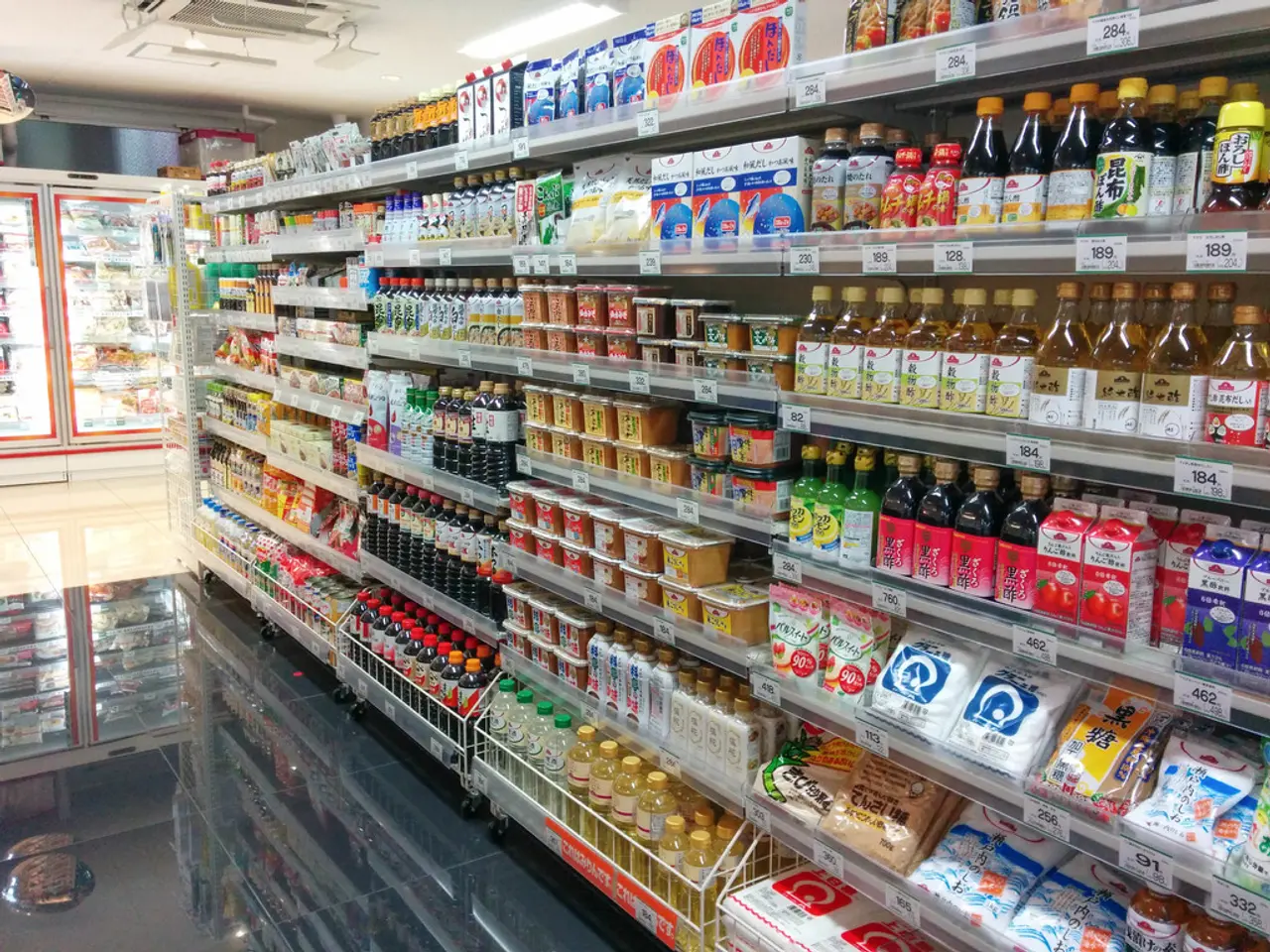Ranking of the Biggest Stock Exchanges in Africa by 2025
Africa's Largest Stock Markets Thrive in 2025
In 2025, Africa's stock markets continue to grow and attract global attention, with the Nigerian Exchange (NGX) and the Johannesburg Stock Exchange (JSE) leading the pack.
Nigerian Exchange (NGX): A Rising Star
The NGX, Africa's second-largest stock market, has seen significant growth in 2025. Notable companies like MTN Nigeria have become the most valuable on the exchange, with a market capitalization of about ₦9.91 trillion (~$20 billion depending on FX). The market cap has increased by over 21% in the first half of 2025 compared to December 2024, reflecting strong equity market growth driven by new listings, recapitalization of banks, and increased investor confidence. By mid-August 2025, the market capitalization stood around ₦91.5 trillion (~$180 billion), despite some volatility in individual sectors.
Johannesburg Stock Exchange (JSE): Africa's Largest and Most Developed
The JSE, Africa’s largest stock exchange by market capitalization and liquidity, recorded an average daily equity trading value between $2 billion and $2.5 billion in 2025, achieving record highs and a 29% increase from the previous year. The JSE’s Top 40 Index hit all-time highs in 2025, underpinned by strong investor confidence and active participation in global financial governance. The JSE also anchors the Africa Exchanges Linkage Project (AELP), connecting seven major African exchanges with a combined market capitalization of approximately $1.5 trillion, enhancing cross-border liquidity.
Key Factors Contributing to Growth
- Macroeconomic Stabilization and Reforms: Ongoing reforms in Nigeria, such as banking sector recapitalization mandated by the Central Bank of Nigeria, have increased capital inflows and investor confidence. Macroeconomic volatility is receding, enabling companies like MTN Nigeria to recover from prior losses and return to profitability.
- Increased Liquidity and Investor Participation: Both markets are witnessing rising liquidity. South Africa’s daily equity trading volumes increased by 29% year-over-year in 2025, while the Nigerian equity market saw a 61% rise in transaction volumes in H1 2025 compared to the previous year, with foreign investor participation rising from ~21% to over 27%.
- Technological and Structural Enhancements: The JSE has upgraded to a cloud-based technology infrastructure ensuring speed and reliability. Pan-African exchange initiatives like the AELP promote integration and seamless cross-border trading, leveraging scale to attract more investors.
- Sectoral Performance and Corporate Fundamentals: On NGX, companies with strong earnings growth, cost control, and FX risk management (e.g., MTN Nigeria) have been re-rated by investors as growth and value stocks. In South Africa, the mining and financial sectors continue to be pivotal, with major mining companies like BHP Group maintaining large market capitalizations that feed into the JSE’s prominence.
Other Notable Markets
- The Botswana Stock Exchange (BSE), which opened in 1994, is the fourth largest stock market in Africa. Key listings on the BSE include Anglo American Plc and First National Bank Botswana.
- The Lusaka Securities Exchange (LuSE) All Share Index went up by 44.1% in 2024 due to copper prices going up and debt restructuring efforts.
- The Zimbabwe Stock Exchange (ZSE) had a 112% gain in local currency terms in 2024, despite the economy facing problems like triple-digit inflation and currency devaluation. Important listings on the ZSE include Econet Wireless and Delta Corporation.
- Ghana's economy, supported by a $3 billion IMF loan and efforts to tighten the budget, has seen its stock market thrive. Analysts predict that the Ghana Stock Exchange (GSE) will go up by 45% in 2025 due to President John Mahama's administration making the economy more stable and investors becoming more confident. The GSE Composite Index rose by 56.2% in 2024, making it the best-performing stock market in Africa that year.
In conclusion, Africa's stock markets are experiencing substantial growth in 2025, with the Nigerian Exchange (NGX) and the Johannesburg Stock Exchange (JSE) leading the charge. Macroeconomic stabilization, increased liquidity, technological enhancements, and sectoral performance are key factors driving this growth.
In 2025, foreign investors are increasingly participating in both the Nigerian Exchange (NGX) and the Johannesburg Stock Exchange (JSE), with foreign investor participation rising from approximately 21% to over 27% on the NGX. This increased participation may be a sign of growing interest in investing in African stock markets.
The Johannesburg Stock Exchange (JSE) has a developed financial infrastructure, with the exchange anchoring the Africa Exchanges Linkage Project (AELP), connecting seven major African exchanges and enhancing cross-border liquidity, making it easier for investors to invest in various African stock markets.




